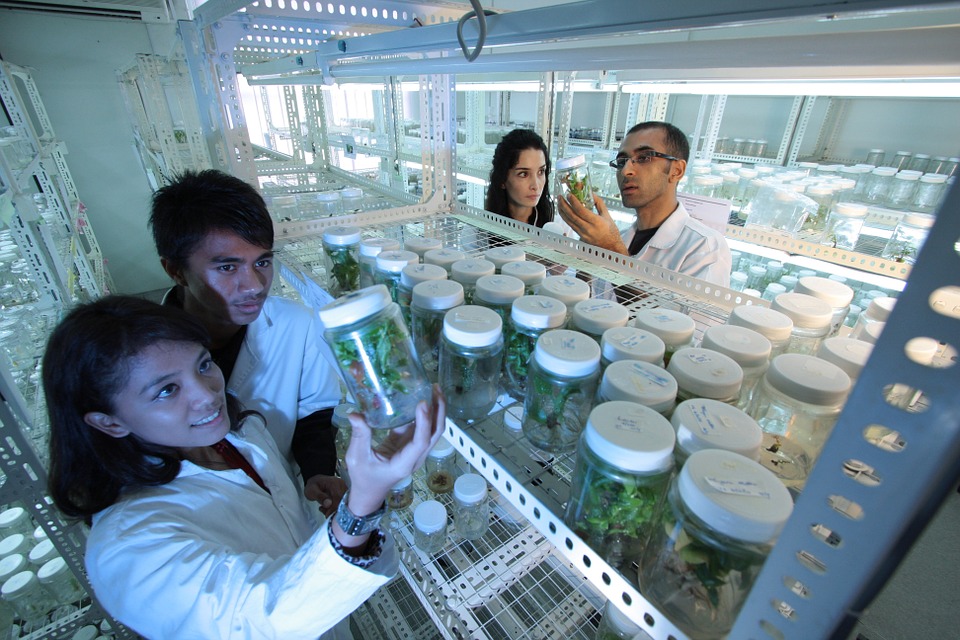Gene Therapy For Disease-Free Society
As per several genome research organizations, a sizeable percentage of diseases acquired by newborns are genetic, which means the diseases were acquired through hereditary or mutations.
In simpler terms, when the egg and the sperm (genetic material) fuse, the embryo formed will acquire some hereditary traits that may carry diseases. A random mutation, although rare, may cause an extremely rare genetic condition.
Rather than making futile attempts at discovering newer drugs for genetic disorders, in May 1989, scientists made the first successful attempt at modifying human DNA by injecting favourable genes into the nucleus of the cell. This method, called gene therapy, ever since has been advancing by leaps and bounds.
Coupled with the latest genetic editing tool called CRISPR/C...


